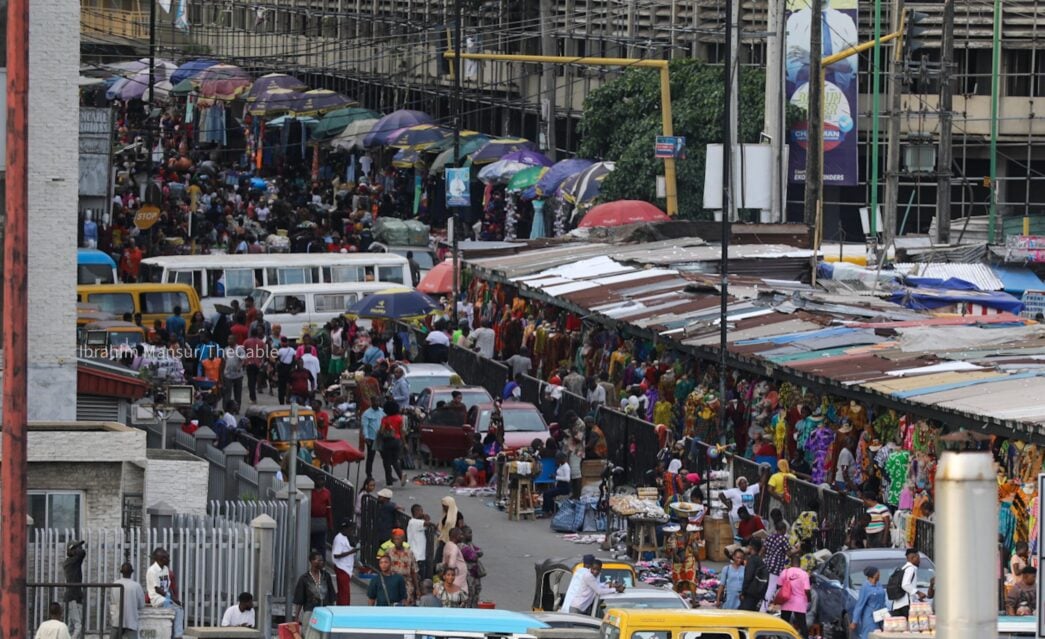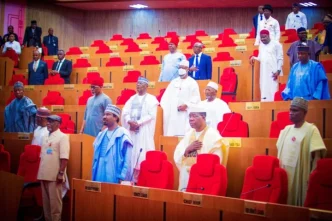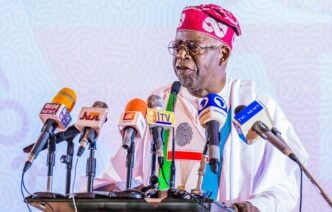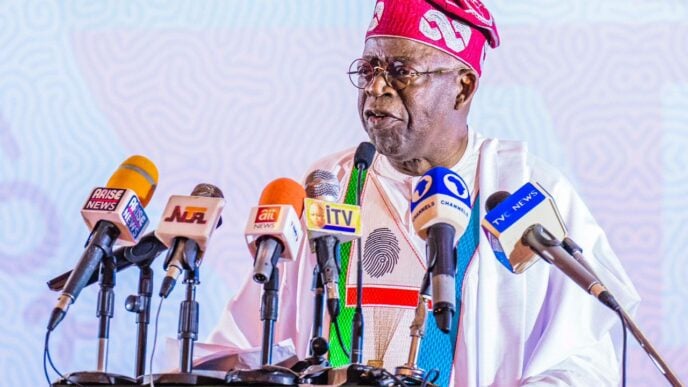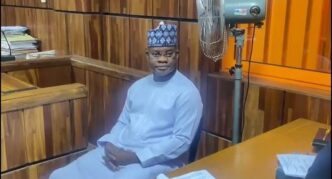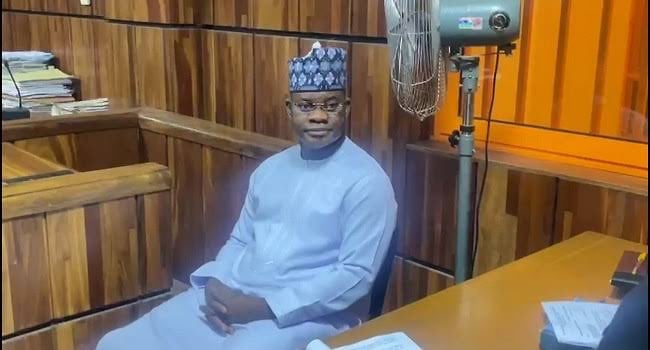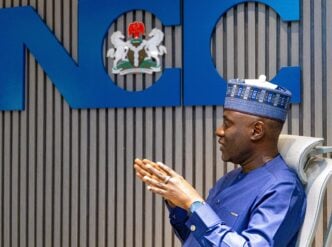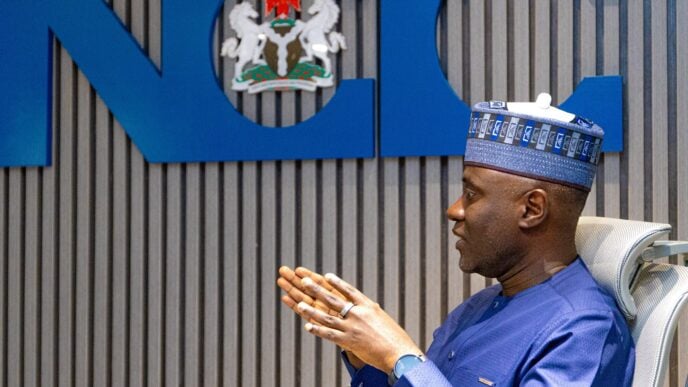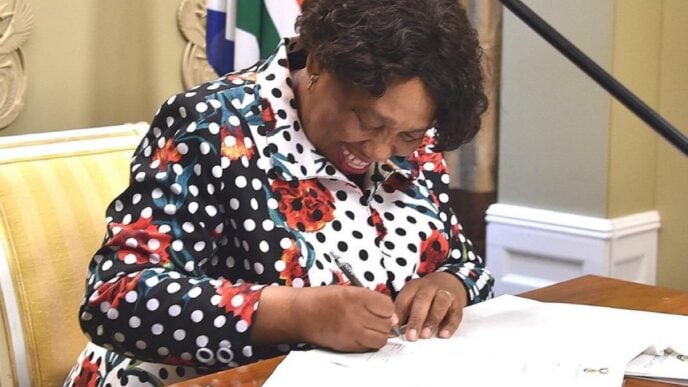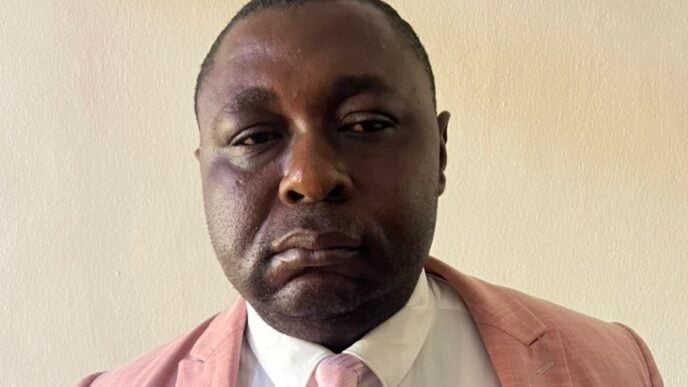The World Bank has urged Nigeria to ensure that the gains from recent macroeconomic reforms translate into tangible improvements in the living standards of citizens.
Mathew Verghis, the bank’s country director for Nigeria, spoke on Wednesday at the launch of the Nigeria Development Update (NDU) report in Abuja.
Verghis commended the government for implementing bold policy reforms that have begun to stabilise the economy, but warned that millions of Nigerians have yet to feel the benefits.
“Over the last two years, Nigeria has tremendously implemented bold reforms — notably around the exchange rate and petrol subsidy,” Verghis said.
Advertisement
“These policies have laid the foundation for transforming Nigeria’s economic trajectory for decades to come.”
He said the impact of the reforms is becoming visible, citing rising revenues, stabilising foreign exchange markets, growing reserves, and declining inflation.
“Growth has picked up, revenues have risen, debt indicators are improving, the FX market is stabilising, reserves are rising, and inflation is finally beginning to come down. These are big achievements, and many countries would envy them,” he said.
Advertisement
However, the World Bank official said Nigeria now faces the urgent challenge of converting macroeconomic stability into welfare gains for its people.
“Despite these stabilisation gains, many Nigerians are still struggling,” he said.
“In 2025, we estimate that 139 million Nigerians live in poverty. The challenge is clear: how to translate the gains from the reforms into better living standards for all.”
The latest edition of the NDU, titled “From Policy to People: Bringing the Reform Gains Home,” outlines a three-pronged strategy to achieve this goal — reducing inflation, improving the efficiency of public spending, and expanding social safety nets.
Advertisement
According to Verghis, food inflation must be tackled decisively to protect the poor and sustain political support for reforms.
“Food inflation affects everybody, but particularly the poor, and has the potential to undermine political support for reforms,” he said.
“Tight monetary policy is important, but it must be complemented by structural reforms to address deep-seated supply and market constraints.”
The World Bank director added that better use of public resources and a stronger safety net system will be crucial to easing hardship and ensuring inclusive growth.
Advertisement
“These are not abstract ideas — they are practical steps that can turn macro-stability into better livelihoods,” he said.
Verghis said the World Bank remained committed to supporting Nigeria’s economic reform agenda through policy advice, technical assistance, and financing.
Advertisement

